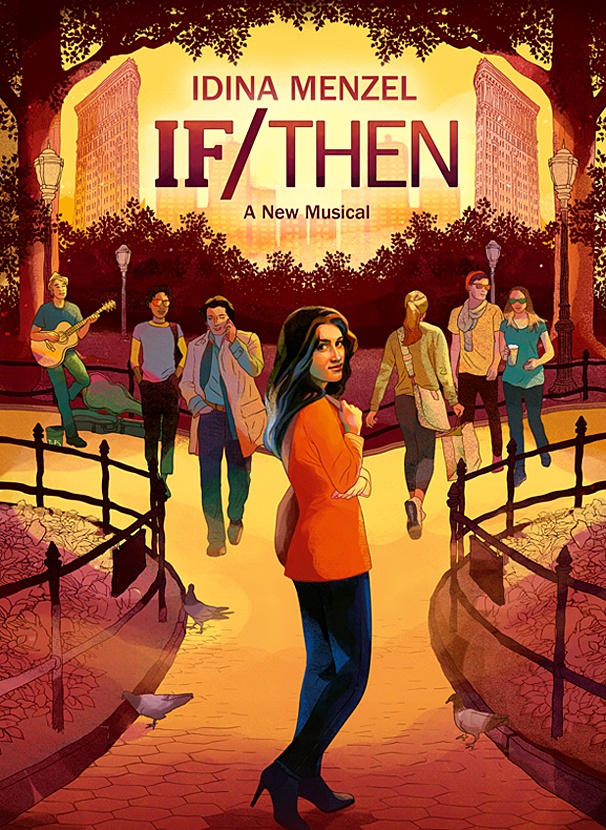I have several friends who are very open about their
health. I don’t think they share that kind of news with everyone. But ours are
friendships that are several decades long. We’ve known each other longer than
any of our marriages. There’s trust.
But even people who would be uncomfortable sharing their own
health news with their closest friends still expect their friends to be honest
with them. Yeah, I know, a little hypocritical. They want to know, they insist,
so they can help their friend. I guess they don’t believe the concern and
caring go both ways. I know I didn’t.
A few months ago, I asked a friend if he’d tell me
if he was sick. “I’m not,” he insisted, but agreed that he would tell me if
there was a problem (in fact, he wondered why I felt I had to ask).
Not long ago we were having lunch, when late in the
conversation he paused, looked at me and said quietly, “I had chest pains for
three days straight.” For a moment, I was afraid I might burst into tears right
there in the middle of the restaurant. He went on to explain that all the tests
were negative, his heart was fine. It was something unrelated and not serious.
Even as he explained, I scolded myself: “You wanted
him to tell you, remember?” Yes, I did. But that didn’t mean I was prepared to
hear it. What made sense in theory was something very different in practice.
I had a medical test this week that I was nervous
about. He was one of the few friends I emailed about it. He responded that he
was saying a prayer. The next morning, when I hadn’t given him an update, he
emailed again to ask if I was all right. I had the test results – negative – so
I could give him an update and thank him for his concern.
But I was embarrassed. I felt like I should’ve
toughed it out myself and not told anyone what was going on. And I understood a
little of what my two friends may have been thinking that night at dinner.
I bring this up for two reasons. First, quite a few
of the people in my books have expressed the same regret: that they were unable
to help a friend before they died. Sometimes it couldn’t be helped: the friend
was thousands of miles away or died suddenly. Sometimes the friend kept their
failing health a secret or refused help. Often the surviving friends were angry
at being shut out, and wondered if maybe the friendship wasn’t as strong as
they’d assumed.
Second, unless you’re a hypochondriac who enjoys
sharing your health woes with the world, you probably don’t want to tell a lot
of people what’s going on. Family aside, your closest friends would want to
know: to listen, to support, to help, to let you know they love you.
Because what I’m learning more and more every day is
that “in sickness and in health” applies to friendships, too.





